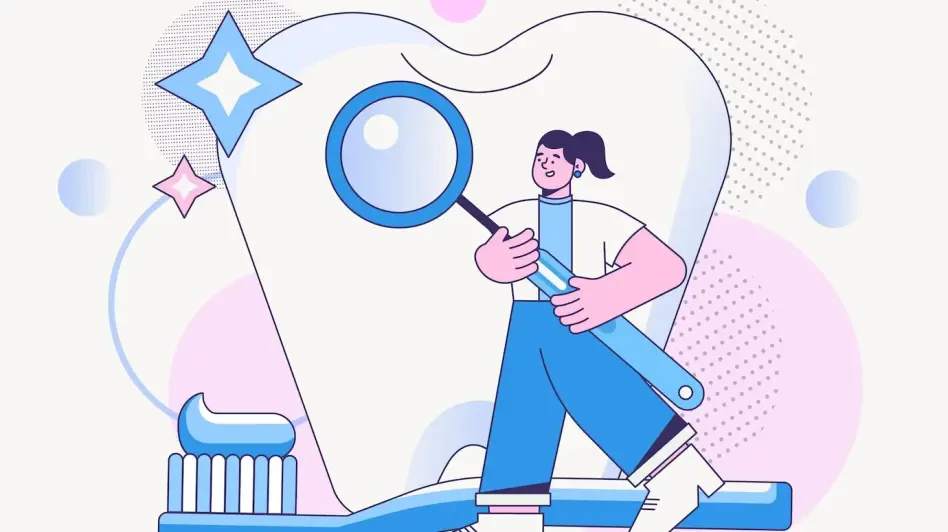Dental hygienists, once seen as vital players in the healthcare sector, are witnessing a shift in their perceived value, a change posing significant challenges to their original mission of promoting holistic health. Despite their comprehensive training in oral health and its systemic connections, many have observed a diminishing role in health-promoting strategies, overshadowed by procedural simplifications and emerging roles like Oral Preventive Assistants (OPAs). This reduction in scope risks not only their professional standing but also the broader goal of enhancing public health. Today, hygienists must reassert their expertise to bridge oral care and whole-body health, correcting the undervaluation that has crept into their practice.
Recognizing the Source of the Issue
The current predicament where dental hygienists find themselves partly responsible for being perceived more as “teeth cleaners” than health strategists requires introspection. Over time, many hygienists have normalized routine tasks, overshadowing potential roles as oral health strategists who educate patients on systemic implications of oral health, such as inflammation and cardiovascular disease. This acceptance of a limited scope has also birthed an environment where outsourcing of duties, like scaling and polishing to OPAs, seems economical. However, this change underestimates the breadth of knowledge and insight hygienists bring to patient education, preventive strategies, and the holistic health connection.
The healthcare hierarchy has seen dental hygienists failing to fully advocate for their role as primary educators in mouth-body health. They have often remained content within traditional routines while other medical professionals advanced in embracing broader scopes or demanded recognition for their growing expertise. This stagnancy in expansion and self-promotion has inadvertently supported the rise of OPAs. Rather than focusing solely on procedural aspects of oral care, hygienists must now emphasize their critical insight into systemic diseases linked to oral health, demonstrating their value beyond the dental chair.
Strategizing to Reclaim the Role
To reclaim their potential, dental hygienists need to redefine their professional identities, transitioning from simple procedural roles to becoming oral health strategists. This involves elevating daily patient interactions to a level emphasizing the connection between oral health and systemic diseases, transforming routine cleanings into opportunities for deeper discussions on preventive care. This refocusing allows hygienists to position themselves not merely as service providers but as essential educators in reducing risks associated with oral inflammation and other systemic issues.
Part of the strategizing involves being vocal advocates of their expertise, ensuring patients understand the complexity of risks that poor oral health poses to overall well-being. By doing so, they can prevent disease and manage a broader spectrum of health outcomes. This proactive approach in consultations and educational efforts could redefine perceptions, leading patients and other healthcare professionals to see hygienists as key educators who facilitate informed health choices. Such efforts not only enrich the profession but also produce informed patients who can actively engage in their long-term health management.
Implementing Transformative Practices
As the profession looks toward the future, embracing transformative practices that elevate the role of dental hygienists within the healthcare system is crucial. This includes fostering continuous education to stay abreast of evolving dental and healthcare technologies that strengthen their roles as knowledgeable health practitioners. Expanding professional development through specialized courses on systemic health connections can amplify their voice as health strategists, ensuring they bring informed perspectives into patient interactions and broader healthcare discussions.
Healthcare transformation demands that dental hygienists not only remain current in their field but also anticipate changes, actively participating in shaping preventive healthcare’s future. Leadership within the community of health professionals requires hygienists to step forward, contributing to the conversation about evolving health needs, patient education, and integration of care initiatives. By leading transformative change, they assert their roles as invaluable contributors to health outcomes, demonstrating that their impact extends far beyond improving dental hygiene; it encompasses guiding comprehensive health.
Embracing an Empowered Future
Dental hygienists, traditionally viewed as essential members of the healthcare framework, are experiencing a shift in their perceived importance, causing notable challenges to their primary mission of fostering overall health. Despite their extensive training in oral health, which covers its significant connections to systemic health, their role in health-promoting strategies appears to be diminishing. This decline has been overshadowed by procedural streamlining and the emergence of new roles such as Oral Preventive Assistants (OPAs). Such a reduction threatens not just their professional status but also the larger objective of advancing public health. In the current landscape, hygienists need to reaffirm their expertise, emphasizing the vital link between oral care and full-body health. By doing so, they can address the undervaluation infiltrating their practice and bolster their position as key contributors to comprehensive health, ensuring the public recognizes their critical role in maintaining overall well-being.









